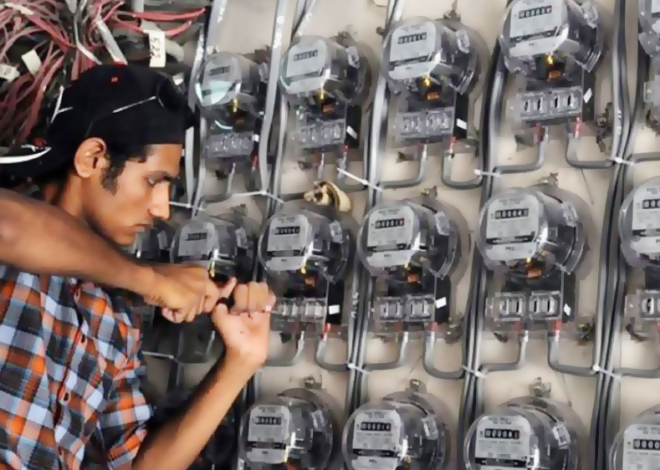
France Faces Political Turmoil as Prime Minister Sébastien Lecornu Resigns After 14 Hours in Office
France has plunged deeper into political uncertainty after newly appointed Prime Minister Sébastien Lecornu resigned just 14 hours after announcing his cabinet. The abrupt departure marks the shortest tenure of any French prime minister in modern history, signaling a deepening crisis within the country’s governance structure and exposing severe divisions across the political spectrum.
A Record-Breaking Short Tenure
Sébastien Lecornu’s appointment by President Emmanuel Macron was initially seen as a strategic move to stabilize France’s fragile political landscape. However, the optimism quickly evaporated when the new prime minister unveiled his cabinet. Within hours, both allies and opposition figures voiced sharp criticism, accusing Lecornu of favoring political loyalty over competence. The backlash was so swift and widespread that parties across the spectrum threatened to file a no-confidence motion before his government could even take its first parliamentary session.
Under growing pressure, Lecornu tendered his resignation late in the evening, citing “political fragmentation and lack of compromise” as the main factors behind his decision. His short-lived tenure has now become a symbol of France’s deep political divisions and the increasing difficulty of forming a stable government in a fractured parliament.
A Deepening Governance Crisis
France has been struggling with a governance impasse since the 2022 parliamentary elections, which left no party with an outright majority. President Macron’s centrist alliance, while retaining the presidency, has been unable to push through key reforms due to constant resistance from both the left and right blocs. Lecornu’s appointment was seen as an attempt to break this stalemate by selecting a figure known for his administrative experience and relatively moderate stance.
However, his cabinet choices appeared to alienate multiple factions. Several appointments were criticized for lacking diversity in political representation, and others were seen as too close to the president’s inner circle. Analysts suggest that Lecornu’s failure to secure even basic parliamentary support reflects a broader structural problem: the erosion of traditional party lines and the growing polarization of French politics.
Pressure Mounts on President Macron
The sudden resignation places President Emmanuel Macron in an increasingly precarious position. With Lecornu’s exit, Macron faces the difficult decision of whether to quickly appoint another prime minister or call snap elections—a move that carries significant political risk.
Appointing another prime minister could prolong the current gridlock if the appointee faces the same opposition in parliament. On the other hand, dissolving the National Assembly and calling fresh elections might further weaken Macron’s centrist coalition, given rising support for both far-left and far-right parties. Political observers note that the president’s next move will likely determine the trajectory of French politics in the coming months.
Uncertain Future for France’s Leadership
As France grapples with economic challenges, public protests, and declining trust in political institutions, Lecornu’s resignation underscores the fragility of its current political system. The inability to sustain leadership stability reflects a growing disconnection between governing elites and the electorate. With the public demanding accountability and coherence, the French government now faces a critical juncture—one that could redefine the nation’s political direction for years to come.







